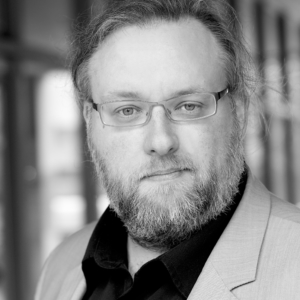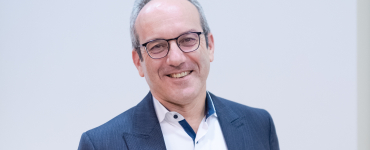Today, the Federal Minister of Transport and Digital Infrastructure Andreas Scheuer is hosting the Mobile Communications Summit. Together with representatives of the federal states and network operators, the Federal Ministry of Transport and Digital Infrastructure (BMVI) wants to talk about eliminating dead spots and the expansion of 5G. Last week, the BMVI published the new funding policy for the federal government’s broadband program.
For Klaus Landefeld, eco Director for Infrastructure & Networks, the rapid expansion of digital infrastructures is the most important prerequisite for the international competitiveness and future viability of the Internet industry and of Germany as a business location: “The Gigabit Society must become a reality by 2025. To achieve this, we need the digital cabinet to adopt a concerted strategy for the expansion of all networks, because the clock is ticking loudly and gigabit networks are an absolute prerequisite for a digital Germany. The upcoming 5G mobile communications standard will be an elementary building block and driver of mobile use.”
For the Association of the Internet Industry, any cooperation between the mobile network operators themselves and with the operators of fixed-line networks is to be welcomed as, bit by bit, all cell towers will gradually be connected using fiber optic lines: “To exploit the potential of the 5G mobile communications standard, not only a fiber optic connection of the transmitting stations is required; in order to provide fast mobile communication connections, significantly smaller communication cells than are currently the norm are also needed. Given that this connection of the cell towers mainly requires civil engineering work, the deficit of skilled workers in civil engineering must be addressed in the short term. As with broadband expansion, a lack of capacity delays the start of construction, extends the construction period, and significantly drives up the costs of expansion,” says Landefeld.
eco considers the mainly private-sector expansion of gigabit networks to be the most important pillar for achieving the German and European gigabit targets. Accordingly, it strongly recommends that the federal government not rely on maximum proceeds from the 5G frequency auctions, as the companies concerned lack these funds. The association also views strangulating conditions for power supply and regulatory intervention as being counterproductive. “From an economic persective, new technology such as 5G will not enable operators to sustainably eliminate dead spots. Far more suited to this task is cooperation and agreements between all players,” says Landefeld.
In this context, an oral hearing of the presidential chamber of the Federal Network Agency will take place on Friday, 13 July on the topic of frequency allocation. In the hearing, the main frequency-regulatory aspects of the procedure for allocating frequencies in the 2 GHz and 3.4 to 3.7 GHz ranges are to be discussed. This will include in particular the issues of supply obligation, service provider regulation, and national roaming.




